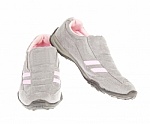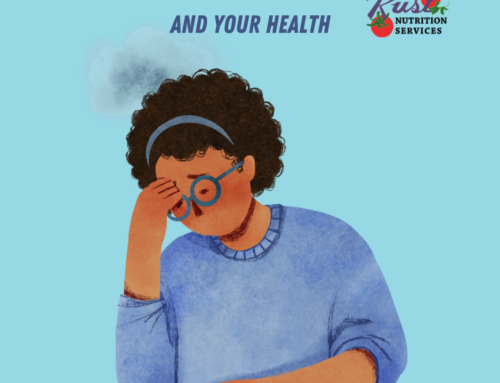
freedigitalphotos.net
Regular exercise is an important healthy lifestyle goal. The problem for most people is consistency. Some may embark on a difficult, intense exercise regime and then either get too sore, tired, or overwhelmed by it, and quit. Setting smaller goals that you can actually keep up with, may be the better strategy. If you can’t sustain regular exercise and healthy eating habits, there can be no long-term benefit, so you want to choose options that are a good fit for you.
A study designed to determine whether breaking exercise up through the day (specifically three 10-minute sessions) would be as effective for health as longer bouts of exercise (thirty minute session) shows that less may be better. While the study was very small (only 11 participants) the results are worth noting, not only in terms of the potential health benefit, but also the potential lifestyle benefit. Subjects were generally healthy except for prehypertension symptoms (early signs of high blood pressure, or hypertension – blood pressure readings approaching 140/90 and/or blood pressure spikes through the day).
Participants in the study were broken into three groups: 1) Aerobic exercise for 10 minutes, 3 sessions (what the researchers called “fractionized exercise”); 2) Aerobic exercise for one 30-minute session; 3) Control group – no exercise. Participants were 20-36 years old, and the exercise groups walked on a motor-driven treadmill at 75% their maximum heart rate. Each participant also wore a 24-hour blood pressure monitor.
After 24 hour monitoring, both exercise groups had significantly lower systolic blood pressure (top number) than the control group during the daytime and evening, but the group that exercised in three 10-minute bouts also experienced lower blood pressure during the night.
My goal as I educate you toward better eating and exercise habits is to help you make changes that aren’t just healthy, but are doable. My goal isn’t to “fix” your body, but to help you feel and be your best. Thin is not always healthy, and I’m in the business of coaching people toward better health – healthy blood pressure, blood sugars and lipids primarily.
A healthy weight (which is defined as a BMI of 24 or lower) has an impact on these factors, but in some cases, your doctor or dietitian may evaluate weight differently and come up with what I call a “reasonable weight”. For a person who hasn’t weighed less than 280 pounds for the past fifteen or twenty years, that BMI may not be reasonable and another goal may need to be set.
SIMPLE TIPS FOR WEIGHT LOSS
We all know how to lose weight – create a calorie deficit and exercise more. This means eating less, moving more, and choosing smaller portions and foods that are lower in calories. Follow these simple tips:
- It’s possible to include a variety of foods (even occasional junk or sweets) and still maintain health, but portions and calories must match your body’s metabolism (based on your age and activity level).
- Get your eating in order first – you can’t out-exercise your eating. Use a Journal to help you focus and set goals.
- You should be enjoying your food. It’s not healthy to overeat excessively, but it’s also not healthy to deprive yourself of favorite foods. Instead of focusing on what to “cut out” focus on what to “put in” to your diet – more fruits, vegetables, and some whole grains that are loaded with fiber and important nutrients.
- Moving your body more is key for weight control, but you don’t want to fall into an excessive or compulsive exercise trap. As this study showed, it doesn’t have to be intense to benefit health. It does have to happen though.
- Exercise alone isn’t enough for weight maintenance. You have to continue to eat less calories to maintain the weight lost.
Think simple this summer. Set a simple goal this week: Take three 10-minute walks (for instance – one at 7am, one at noon, one at 6pm). Not only will this put your body in motion three times a day, it will help clear your mind as well. Let me know how it goes!




